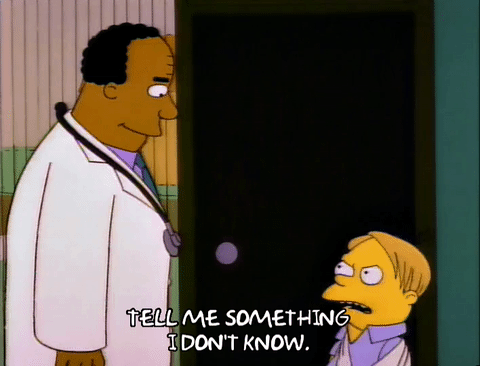Yes. I think most of us here, especially if you have read up a bit on Google, are aware of this thing called IBS -- Irritable Bowel Syndrome.
IBS essentially is an issue of mortality of the colon, where you get some irregular contractions. And it’s actually not just in the colon, it is an entity that covers the entire gut -- meaning your stomach, your small intestine, and your colon.
The problem with IBS is that it mimics change in bowel habits and that in turn is a symptom of colon cancer. If you’re in your teens, or if you’re in your early 20s and you have no family history of cancer per se, then I think it is quite safe to say that you most likely have IBS. The problem comes about when you’re in your late 30s, early 40s and 50s. This is a period where we’re still economically productive, we’re working. And of course, with work comes stress and in turn, is a trigger for IBS.
As a result of that, you could have a dilemma where you don’t know if you have IBS or symptoms which are more worrying about colon cancer. If you have such symptoms, no doctor would diagnose it as IBS from the get-go. You should come in for a colonoscopy and if your symptoms do involve things like abdominal pain, you might even need a CT scan.
And the reason why I take such a strict approach to that is because I’ve seen cases where patients are written off with IBS even though they are obviously not young, and in the end, they turn out to have colon cancer.
What we often say in the medical world is that IBS is a diagnosis of exclusion. In other words, you don’t diagnose IBS because there’s no test that confirms it. The only way to diagnose it is by ruling out everything else. So you do a colonoscopy, you rule out colon cancer. You do a CT scan, you rule out any other growths in the abdomen outside the colon. And only then when both of these are clear, we can say that your symptoms are most likely IBS.




